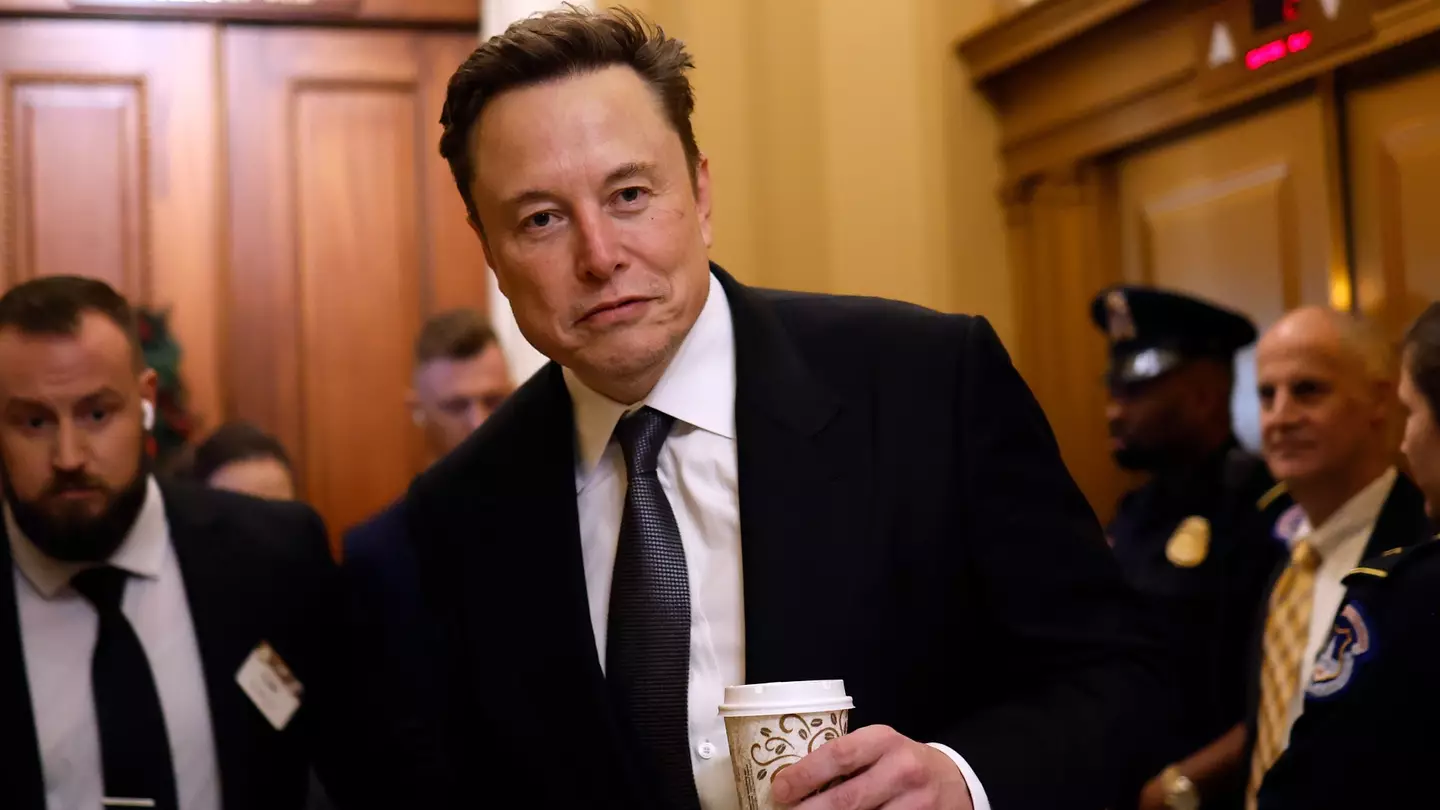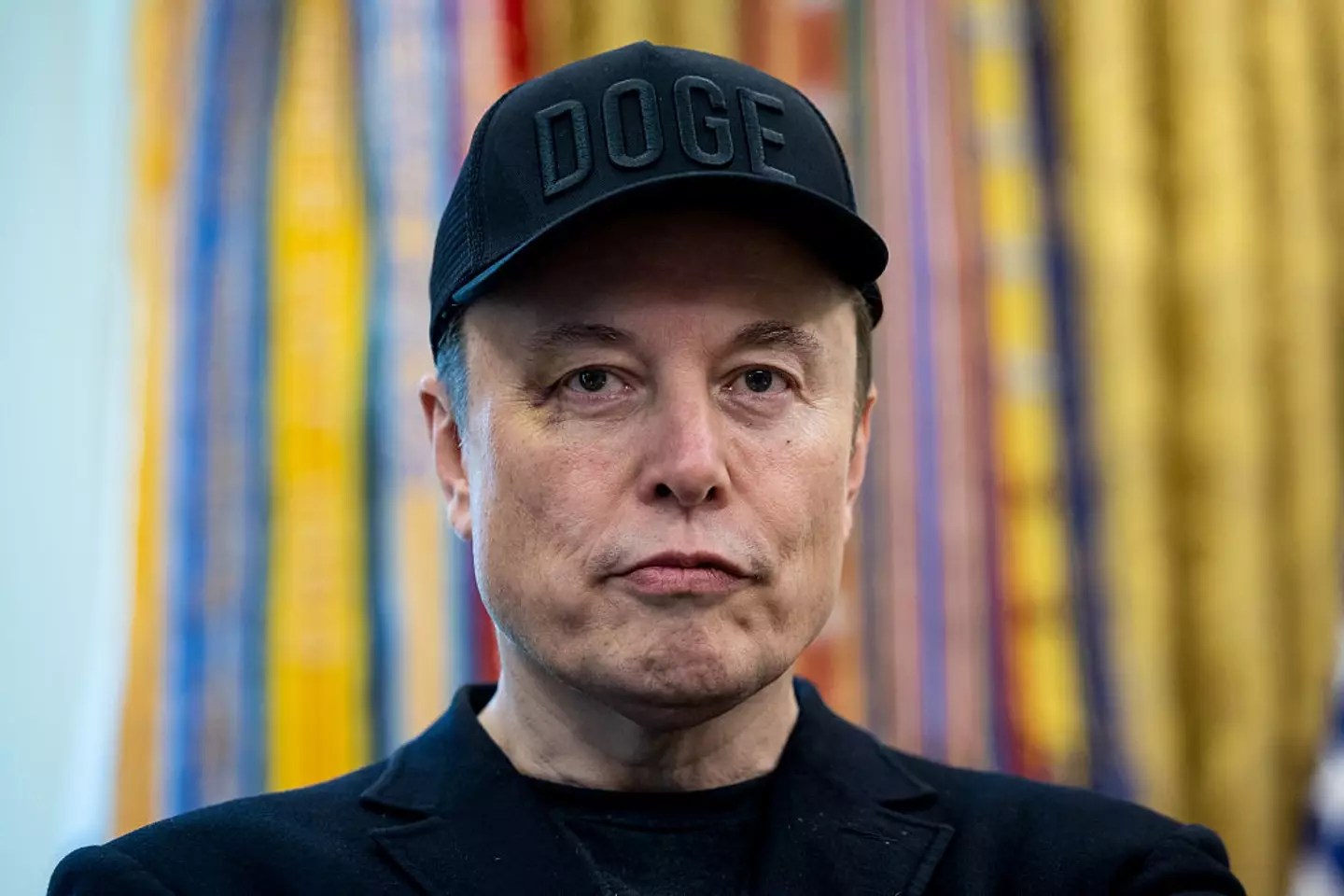
Elon Musk’s latest idea has led to scientists schooling him on the Sun and climate change.
On November 3, the SpaceX founder claimed in a post on X that he wanted to send a ‘large, solar-powered' constellation of satellites into orbit, so that they could help our global warming crisis.
According to Musk, the AI-enabled satellites would make 'tiny adjustments' to just how much of the Sun's energy reaches us down on Earth.
These adjustments would essentially 'cool down the planet', apparently bringing us back from the brink of disaster that climate change causes.
Advert
Musk said in his post: “A large solar-powered AI satellite constellation would be able to prevent global warming by making tiny adjustments in how much solar energy reached Earth."
Of course, many have pushed back against his idea on social media.

One person wrote: “So basically we're letting AI decide how much sunlight humans get now? What could possibly go wrong.”
A second added: “This is the worst idea ever.”
Someone else said: “No person nor company nor government has the right to mess with OUR collective world climate.”
Another simply posted a clip of Musk telling Pittsburgh last year that the Sun needed ‘no maintenance’ with regards to its energy.
However, scientists have warned of something far worse than Musk being in charge of the Sun’s energy supply.
Lili Fuhr, director of the fossil economy program at the Center for International Environmental Law (CIEL), said it could ‘destabilize’ our climate.
She told the Daily Mail: “Solar geoengineering is inherently unpredictable and could further destabilize our already fragile climate system.”
“Any future geoengineering deployment would threaten the lives and rights of billions of people, including in the UK,” she added, explaining: “If it were ever deployed, it would not be possible to pause or halt it without risking rapid temperature spikes and an acceleration of global heating.”
“These highly speculative technologies are a dangerous distraction from solving the climate crisis and should be taken off the table for good,” Fuhr noted.
Meanwhile, glaciologist and climate scientist at Northumbria University, Professor Sammie Buzzard, said Musk’s vision could have ‘unintended consequences', telling the outlet: “It shouldn't be up to one individual or one country to decide the climate for another, especially with the risk of unintended consequences from untested methods.”
“Some examples of things that would need to be investigated further for this method would be the carbon costs (launching satellites and AI both involve a lot of carbon) and governance,” she shared, adding that it could have ‘global consequences that would not be equal everywhere there would need to be global agreement for it to go ahead’.
UNILAD has contacted representatives for Elon Musk for comment.
Topics: Artificial Intelligence, Climate Change, Elon Musk, Technology, Science
